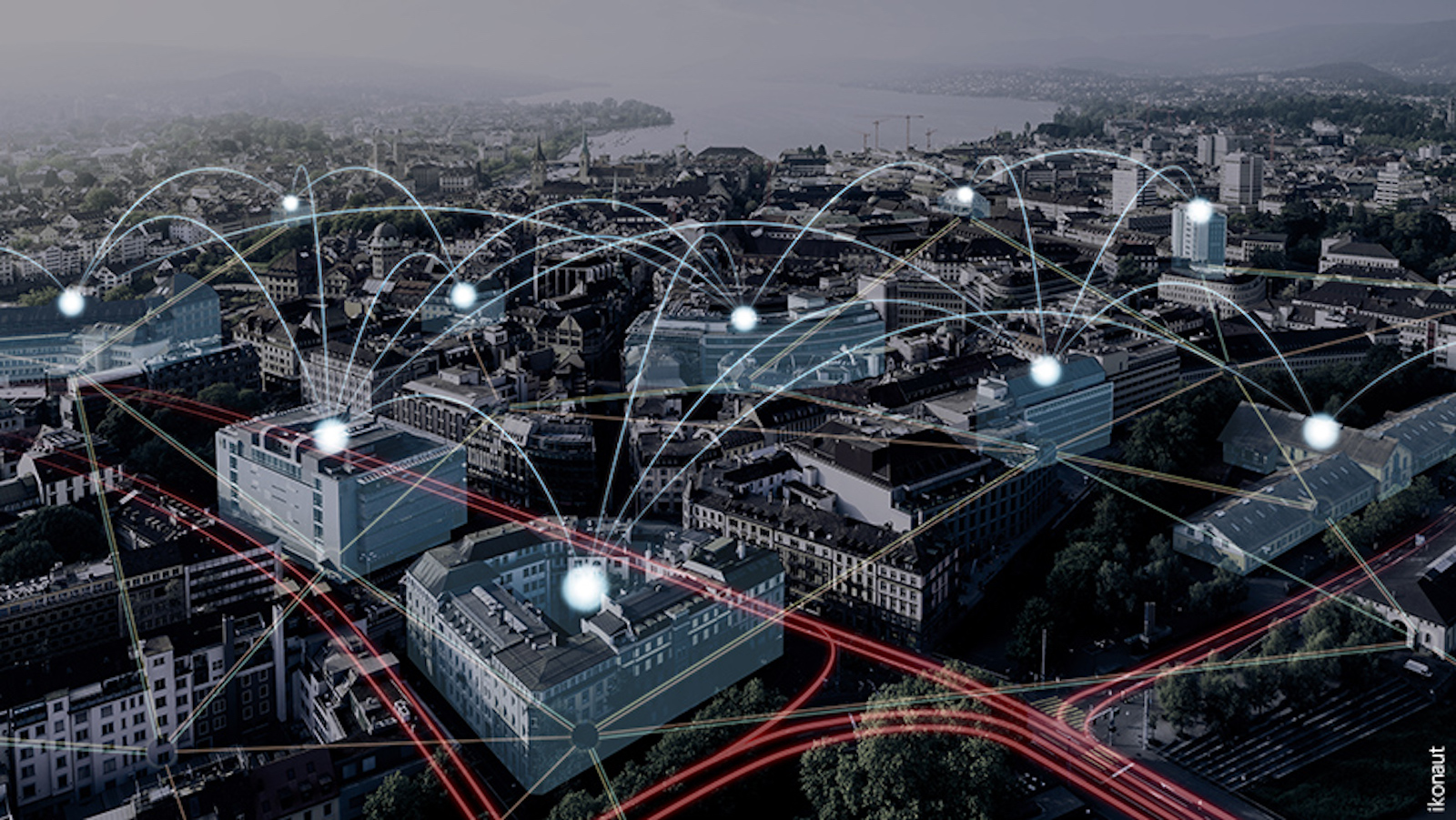Decarbonizing Energy Systems
27 Nov | How can local energy systems be operated CO2-free? Prof. Matthias Sulzer will present the Energy Hub approach, which allows regionally specific solutions to be designed at different scales.

How can local energy systems be operated CO2-free? A holistic view of the energy system enables new approaches, but increases the complexity in planning and operation. But how can high system complexity be efficiently taken into consideration? These and other questions are the focus of our Energy Hub research area.
With the Energy Hub approach, we are able to design holistic, regionally specific solutions at the building, district, city and region scale and find techno-economic optima. Based on available, natural energy potentials, urban and technological developments, specific solutions are calculated and their optima presented in a Pareto Front. At the extrema of this Pareto Front, solutions can be chosen with minimum cost or maximum CO2 emission reductions. In between, all other optima of the solution space are presented.
The development of thermal networks for cooling and heating, as a part of the Energy Hub, is another focal point of our research work. The influence of spatial planning parameters on various network topologies are investigated. Furthermore, new network topologies are developed, which enable more flexible, robust concepts at reduced costs. One such network type is the one line Reservoir Network.
About the speaker
Prof. Matthias Sulzer is the head of the Swiss Competence Center for Energy Research - Buildings and Districts (SCCER-FEEBD) at Empa and teaches at ETH Zurich and Lucerne University of Applied Sciences and Arts. Matthias Sulzer founded Inretis Holding AG with two partners. In 2018 he merged with poenina. Today, the listed company with over 1,000 employees is active in the field of energy and building technology as well as building envelopes.